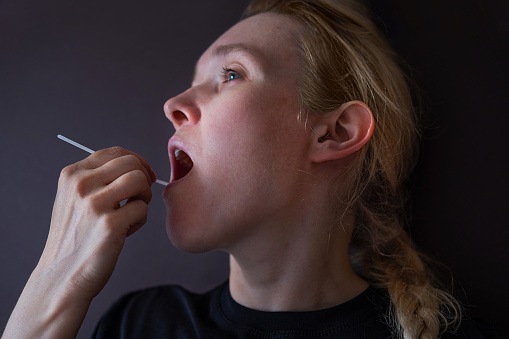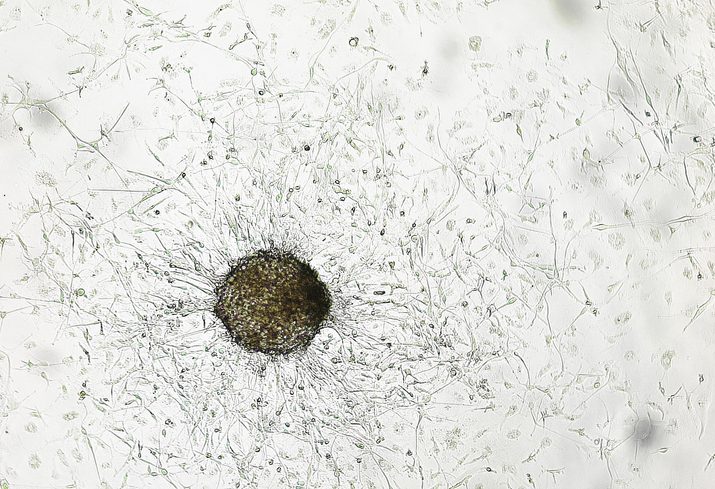
A simple at-home saliva kit may help women assess their genetic risk for developing cancer from the safety and comfort of their own home, according to the findings of a trial presented at the American Society of Clinical Oncology’s annual meeting.
The trial, Making GENetic Testing Accessible (MAGNETA) recruited nearly 4,000 women from all 50 US states and took place between 2016 and 2020. The population of interest all had a family history of breast or ovarian cancer or a family member with a known genetic mutation. Each subject underwent genetic testing for 19 genes linked with inherited cancer risk. To conduct testing, a saliva kit, provided by Color Genomics, was mailed to each trial participant’s home and then returned by standard mail.
All trial participants were split into four groups. In each group, women watched an educational video on genetic testing for cancer risk before completing their test. In the standard group, prior to testing, the women underwent mandatory counseling by phone both before and after testing. In the other three groups, women women pre-test counseling, post-test counseling, or both. In all four groups, any woman with a positive test received genetic counseling via phone appointment.
According to a press release, the study “recently completed analysis of the first three-month follow-up survey to determine if the remote counseling methods caused negative feelings such as distress or anxiety for trial participants. Analysis of 12 and 24-month checkup surveys will follow.”
According to the results from the three-month follow-up survey, the investigators observed that electronic genetic education methods were effective and skipping personalized counseling did not increase patients’ distress. They noted that if applied broadly, this can allow medical practitioners to more efficiently provide genetic testing.
Moreover, the results showed that skipping pre-test counseling resulted in more follow-through in completing the testing than traditional genetic counseling. Lastly, the approach increased access by eliminating common barriers associated with scheduling and attending several in-person counseling and testing appointments at a medical center or clinic.
Convenient spit test helps women assess cancer risk from the comfort of their own homes https://t.co/KAu1GRUB10 via @instapaper
— James Igoe (@JamesJosephIgoe) June 1, 2020
“These trial results are not only tangible but empowering for women with inherited risk for ovarian cancer,” said Melissa Aucoin, CEO of the National Ovarian Cancer Coalition in a press release. “With the vast majority of women diagnosed in late stages, improving preventative measures can have a significant impact on the future of ovarian cancer. We applaud the Dream Team for delivering progress.”







 © 2025 Mashup Media, LLC, a Formedics Property. All Rights Reserved.
© 2025 Mashup Media, LLC, a Formedics Property. All Rights Reserved.